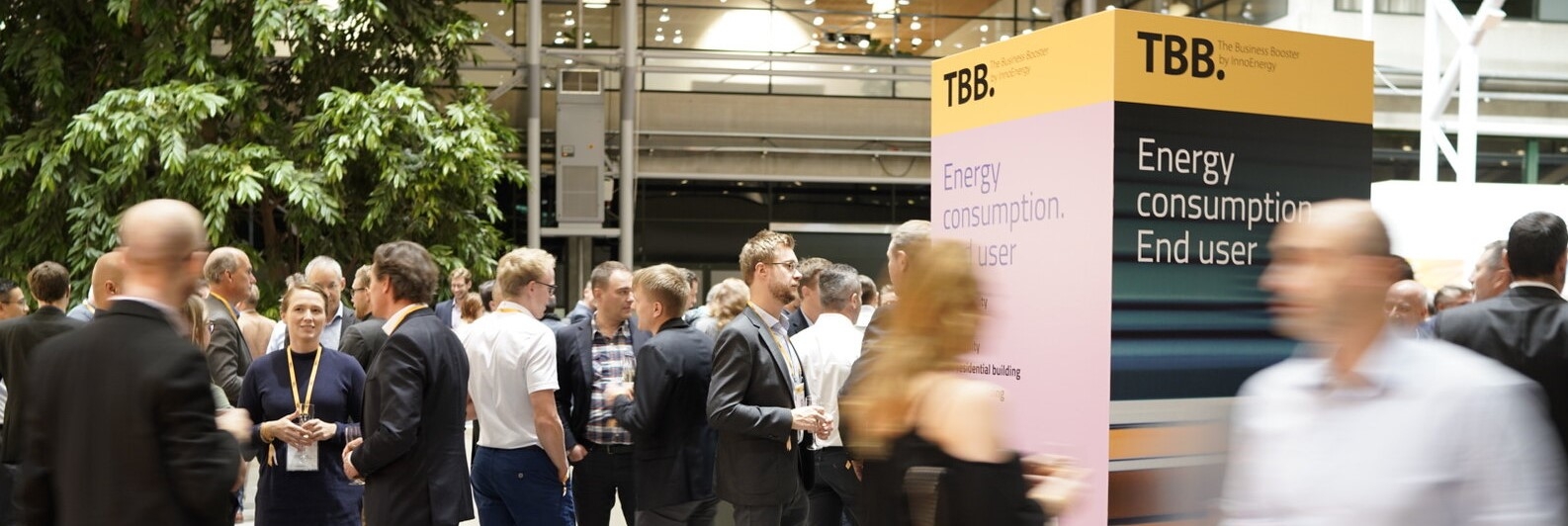EIT InnoEnergy attends the EU’s Clean Transition Dialogue alongside four portfolio companies

EIT InnoEnergy attended the high-level meeting in Brussels alongside portfolio companies GravitHy, Verkor, Ecop and Skeleton Technologies.
Preparing for the next phase of the European Green Deal
The Clean Transition Dialogues held in Brussels are chaired by President Ursula von der Leyen and Executive Vice-President Maroš Šefčovič to facilitate cooperation with industry and prepare for the next phase of the European Green Deal: implementation.
The latest Dialogue focused on clean tech saw 26 key representatives from industry and clean tech sectors attend, including InnoEnergy’s CEO Diego Pavia and four of InnoEnergy’s portfolio companies GravitHy (low-carbon iron producer), Verkor (sustainable battery cell manufacturer), Ecop (rotation heat pump for industry) and Skeleton Technologies (energy storage solutions).
A robust regulatory framework in Europe instills investor confidence
Continuing to strengthen the EU’s climate tech toolbox
To continue strengthening competitiveness of European industry in clean tech sectors, there is more to be done to ensure an enabling regulatory environment and access to both public and private investment. EIT InnoEnergy outlined two key priority areas for focus:
- A sustainable product policy for competitive European products: Putting sustainability criteria (carbon footprint thresholds, traceability, and recyclability) at the core of the European market will ensure the long-term competitive edge of Europe’s climate tech industries and set the bar for the global market. The EU’s recently adopted Battery Regulation serves as a blue-print for other net-zero technologies.
- An enhanced financial framework from seed to scale: Significant steps have been taken to unlock financing for clean tech through the progressive deployment of state aid and new OPEX support through the Innovation Fund. Going forward, the EU will need to further leverage public funds where it counts (at early-stage, rewarding the best performers and most impactful projects in climate technologies value chains). Innovation in public financing tools can also catalyze private investment. For later-stage investments, the heavy lifting for funding can only be achieved together with private finance.

